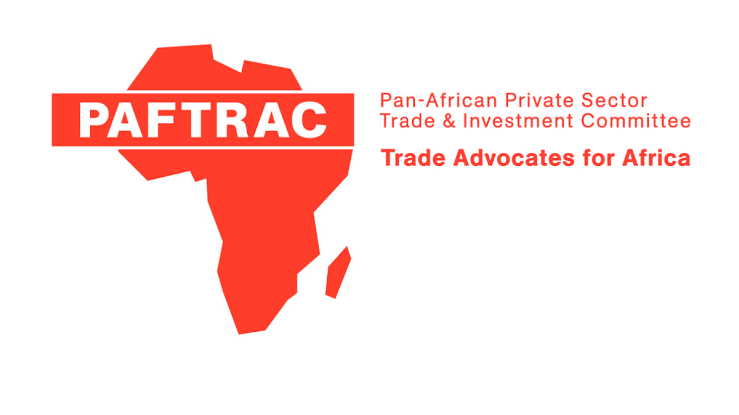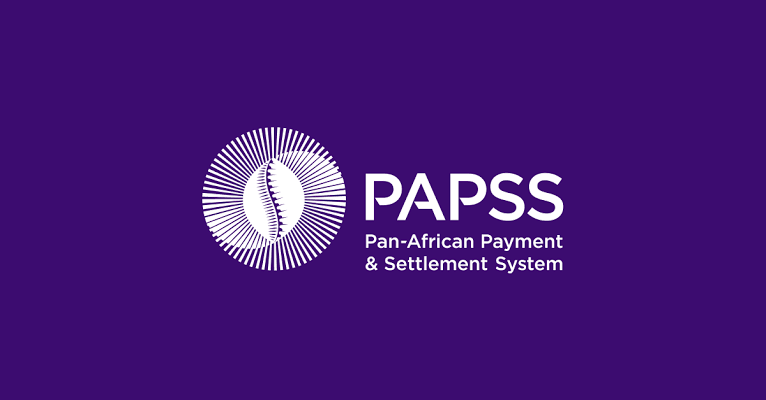Companies looking to launch, expand or enhance their operations in Africa can take advantage of five operational tools as goods begin to be traded under the AfCFTA:
– The AfCFTA Guided Trade Initiative
– The Pan-African Payment and Settlement System (PAPSS)
– The AfCFTA Adjustment Facility Fund
– The AfCFTA Private-Sector Engagement Strategy
– The Rules of Origin Manual and E-Tariff Book
The AfCFTA Guided Trade Initiative (GTI): Though trade under the AfCFTA officially
commenced in January 2021, commercially meaningful trade under the agreement was delayed due to disruptions arising from the COVID-19 pandemic, prolonged negotiation periods, administrative issues and overlaps with other existing customs unions.Therefore, the Secretariat organized the Guided Trade Initiative, which was launched on 7 October 2022, as an exercise to demonstrate that the AfCFTA is truly operational. Countries that have ratified the agreement and submitted their schedules of tariff concessions are able to trade preferentially among themselves.
Eight countries – Cameroon, Egypt, Ghana, Kenya, Mauritius, Rwanda, Tanzania and Tunisia – are participating in the inaugural exercise. In collaboration with their respective ministries of trade and national coordination offices, the AfCFTA Secretariat matched businesses and products for export and import among interested state parties. For the first time ever, African goods were traded with preferential duties and simplified documents under the AfCFTA. The initiative helped members of the private sector learn how to use the agreement practically and also helped the Secretariat note avenues and areas that require further intervention.
Members of the private sector can currently take full advantage of all of the trade-facilitating aspects of the agreement now that it is fully operational.
The Secretariat aims to host another guided trade exercise in 2023, expanding its scope to include not only trade in goods, but also trade in services, as well as highlighting youth in trade with a focus on digital trade and the creative industry.
As the AfCFTA Guided Trade Initiative continues, there is a great opportunity for interested companies to gain experience in trading under the AfCFTA with direct support from the initiative, giving them a head start and competitive advantage. The private sector should be engaged in monitoring the outcomes of this initial trading period as it may provide valuable, specific lessons in terms of implementation. This initiative is a powerful signal to the private sector locally and globally that trade under the AfCFTA has begun and that there is a tremendous opportunity for the private sector and the AfCFTA Secretariat to converge on their mutual interest of developing strong value chains by building on the lessons learned from this first period of trading.
Muhammad Umar Aminu is the Co founder of Solidarity Innovation Katsina. Solidarity Innovation is an early start up business development service provider that is primarily engaged in helping MSMEs businesses and entrepreneurs maximise opportunities in the African Continental Free Trade Area AfCFTA through facilitating access to capacity building,technology,funding and market amongst others.









